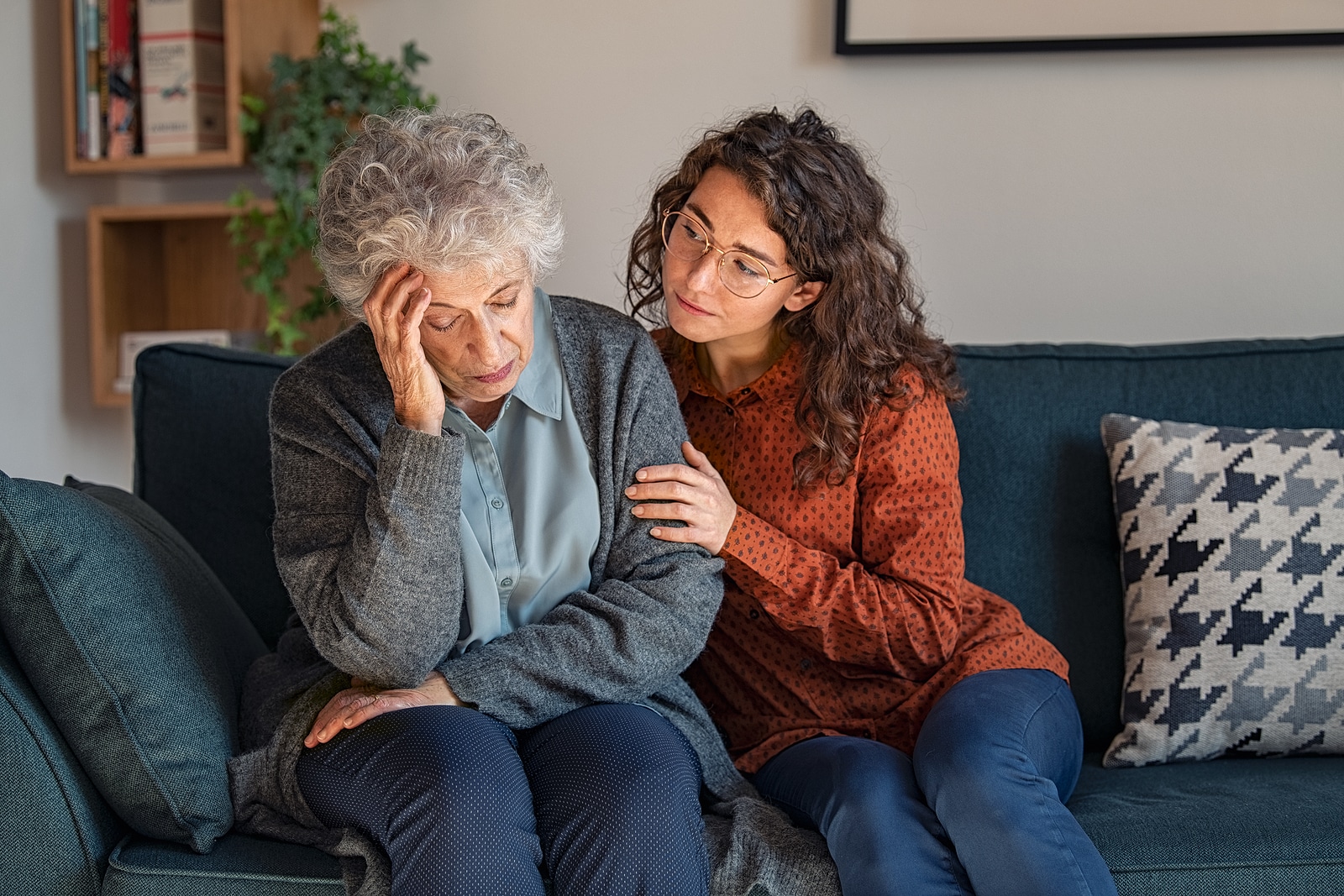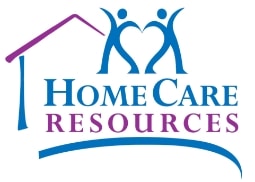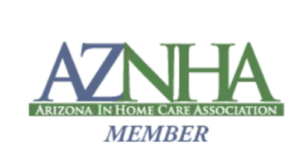General anxiety disorders are often misdiagnosed in seniors due to the wide variety of possible causes, such as pharmaceutical side effects. 90% of patients with general anxiety problems also have signs of another mental health illness. Seniors may also feel exposed if they disclose they suffer from anxiety or have difficulties conveying their emotions. This complicates determining the underlying source of symptoms. Home Care Assistance Providers and family members caring for elders who suffer from anxiety disorders would benefit from maintaining awareness of this illness.

If you are struggling to care for your senior alone it may be time to reach out for additional help. If a senior is struggling with anxiety it may not be wise to leave them alone for too long. You may not be able to be home 24/7 and that’s okay. You are allowed to take care of your family and your job. Home care assistance can make caring for a senior much easier. These caregivers can be around when you are gone and help manage general anxiety disorder. Having home care assistance in your home may make things easier for you. However, you should still be aware of anxiety.
Symptoms of General Anxiety Disorder
While depression and anxiety have certain characteristics, they are distinct illnesses. The presence of persistent excessive anxiety and concern over a wide range of subjects and activities is referred to as general anxiety disorder. Here are a few key things to look for if you suspect a senior is struggling with anxiety.
- Instability or agitation
- Ease of exhaustion; persistent tiredness
- Concentration difficulties
- Affectiveness (which may or may not be observable to others)
- Muscle pains intensified
- Sleep disturbances
A person who suffers from generalized anxiety will exhibit at least three of these symptoms. The severity of the symptoms may alter over time.
Tips To Use When Caring for An Anxious Senior
As a family caregiver, it is crucial for you to be aware of your own anxiety levels and how you respond to seniors struggling with anxiety. This is not always easy to do, and that is why it may be easier to find help outside of your home. Anxiety makes it more difficult for caregivers to do tasks. Caregivers are recommended to practice self-care and relaxation practices such as breathing exercises. Here are some ways you, as a family caregiver, can help seniors battle anxiety.
- Be aware of any triggers. This means you need to pay close attention to the time anxiety or panic starts to happen.
- Understand a senior’s signs or symptoms they have anxiety.
- Do not minimize feelings or brush them under the rug.
- Follow a routine and a care plan.
- Document anxiety attacks and record everything.
Some of these things may be easier for professional home care assistance to help with. Not all family members will understand how to make a care plan for a senior or stick to the same routine every day. However, these two pieces are crucial to caring for seniors with anxiety. Seniors will learn what to expect when following a routine, and this will help them lower anxiety levels.
If you or an aging loved-one are considering hiring Home Care Assistance in Cave Creek, AZ, please contact the caring staff at Home Care Resources at (602) 443-4700
- Six Warning Signs of Diabetes to Watch for in Seniors with Dementia - May 19, 2025
- Understanding Chronic Conditions in Seniors: The Importance of Support - May 9, 2025
- Helping Your Elderly Loved One Maintain Healthy Vision - April 24, 2025




